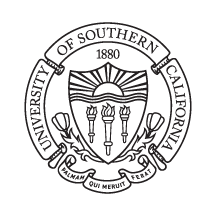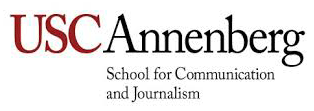
We characterize market traders at two rural fairs in Puno, Peru, based on quantitative and qualitative data gathered in 2008, to gain insight into types of traders and the information needs that influence the degree to which they use mobile phones to make decisions regarding which weekly fairs to attend. Using variables such as origin, type of goods sold, means of transportation to the market, and reliance on networks, we identify traders as full-time traders, part-time traders, or subsistence traders, that is, people trading solely to survive. We find that when traders are already familiar with the technology, regularly rely on endogenous networks to make decisions, and have more to lose from failing to trade (e.g., those selling perishable goods), they are more likely to use mobile phones to decide where to sell.
mobile telephony; rural development; weekly fairs; market traders; Puno (Peru)










